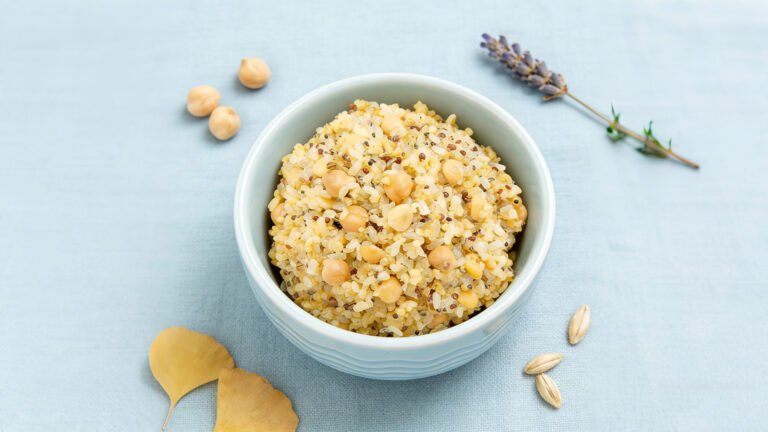
Contact Us through info@lovekonjac.com
Managing diabetes can be a challenge, but did you know that a well-planned diet can play a crucial role in maintaining your health? In this blog post, we will explore what foods can diabetics eat freely and provide practical tips for navigating your dietary choices to support blood sugar management.
Diabetes is a disease that occurs when your blood glucose, also called blood sugar, is too high. Glucose is your body’s main source of energy. Your body can make glucose, but glucose also comes from the food you eat.
Insulin is a hormone made by the pancreas that helps glucose get into your cells to be used for energy. If you have diabetes, your body doesn’t make enough or any insulin, or doesn’t use insulin properly. Glucose then stays in your blood and doesn’t reach your cells. Over time, that can cause serious health problems, such as heart disease, vision loss, and kidney disease.
There isn’t a cure yet for diabetes, but losing weight, eating healthy food, and being active can really help.
Blood Sugar Control: Diabetic patients need to control their blood sugar through diet management to prevent it from becoming too high or too low.
Dietary Principles: Balancing carbohydrate intake, choosing low GI foods, consuming moderate amounts of protein and healthy fats, and including high fiber foods.
A healthy diet is the foundation of diabetes management and a healthier way of life for everyone.
Low Carbohydrates: Konjac noodles contain almost no carbohydrates or calories, making them highly suitable for diabetics diet.
High Dietary Fiber: Konjac noodles contain glucomannan powder, a fiber that can help slow down sugar absorption, aiding in blood sugar control.
Versatile Pairing: Konjac noodles can serve as a base for various dishes, making them easy to incorporate into daily meals.

Greek yogurt is another potential option. It is rich in protein, probiotics, and calcium and low in carbohydrate content. Additionally, Greek yogurt has a low glycemic index. Consuming unsweetened and low-fat Greek yogurt can help regulate blood glucose levels and prevent the onset of type-2 diabetes.

Beans are rich in nutrition and have a rich fiber and protein content. Accordingly, you will feel full for longer, and that feeling can automatically reduce your carbohydrate intake.

If you are a non-vegetarian, you may also have fatty fish as a potential alternative. Varieties like sardines, salmon, mackerel, and herring contain omega-3 fatty acids. The omega-3 fatty acid content can help people suffering from diabetes from various diabetes-related complications like neuropathy, nephropathy, cardiomyopathy, etc.

Surprised? Don’t be. Apples are low glycemic. Besides, apples are high in fiber content and are fat-free. You can have an apple anytime and while you are on the move.

Spinach, collards and kale are dark green leafy vegetables packed with vitamins and minerals such as vitamins A, C, E and K, iron, calcium and potassium. These powerhouse foods are low in calories and carbohydrates too. Try adding dark leafy vegetables to salads, soups and stews.

Whole grains like quinoa, brown rice, barley, and oats are rich in fiber and nutrients. They have a lower glycemic index compared to refined grains, making them a better choice for people with diabetes.

Avocados are rich in healthy fats, particularly monounsaturated fats, which can help improve insulin sensitivity. They also contain fiber and various vitamins and minerals. Avocados can be added to salads, sandwiches, or enjoyed as guacamole.

Berries such as strawberries, blueberries, raspberries, and blackberries are packed with antioxidants, fiber, and essential nutrients. They have a low glycemic index, meaning they don’t cause rapid spikes in blood sugar. Berries can be enjoyed fresh, added to yogurt or smoothies, or used as toppings for oatmeal or salads.

For individuals managing diabetes, certain foods should be consumed in moderation or avoided altogether to help maintain healthy blood sugar levels and overall well-being. These foods include:
In addition to being mindful of these food choices, managing portion sizes is crucial for individuals with diabetes. Here are some strategies recommended by experts to maintain a healthy weight and manage blood sugar levels effectively: